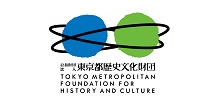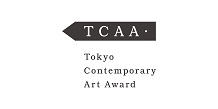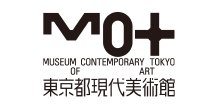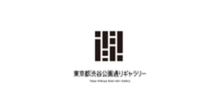Ko Nien-Pu "Flags,Transnational - Migrants and Outlaw Territories"
- TOP >
- Archives >
- Exhibitions / Performances >
- Ko Nien-Pu "Flags,Transnational - Migrants and Outlaw Territories"
Ko Nien-Pu "Flags,Transnational - Migrants and Outlaw Territories"
-OPEN SITE 2016-2017 Project B <Open Call Program>
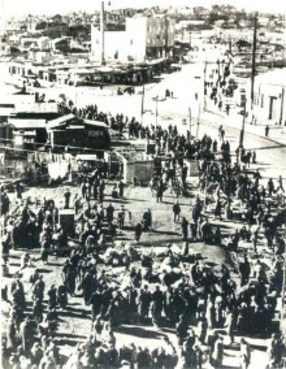
Information
| Title | Ko Nien-Pu "Flags,Transnational - Migrants and Outlaw Territories" -OPEN SITE 2016-2017 Project B <Open Call Program> |
|---|---|
| Date | 2016.11.26(Sat) - 2016.12.25(Sun) |
| Time | 11:00 - 19:00 |
| Admission | Free |
| Organize | Tokyo Metropolitan Foundation for History and Culture, Tokyo Wonder Site |
| Venue | Tokyo Wonder Site Hongo |
| Artist | Hikaru Fujii, Kum So-Ni, Kao Jun-Honn, Au Sow-Yee |
| Curator | Ko Nien-Pu |
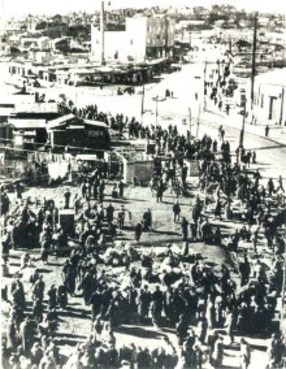
When personal emotion and identity fluctuate under the struggle between country and geopolitical region, this group of migrants sketched an alternative map of exile, through the transfiguration of country and borderline, affecting their map and route of shifting, as well the imagination of identity and emotional recognition of the moving subject, this imagined composition interweaved from geography and body, it kept circulating in the time of history duplicating its authority relation at the core and margin of the system. With these shifting and transforming spaces, in between overlapping dialectical relations of to and fro, similarities and differences, gaze and otherness, an alien land and homeland, how do they form identity through crossing borders and passing through it.
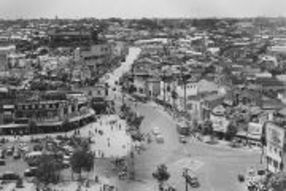
Artists confront with the context of space and postcolonial experience as the frame of reference, to conduct transboundary and passing through in different spaces, beyond the aperture of social time or historical time, to conduct the practical work to reconstruct time, this context also mounts the relation of power and knowledge at the time they lived, and the emotional world within a specific timeframe, from multiple viewpoints to extract, emancipate and salvage historical event from the past, provides the meaning of direct conversation, testing the extension of spaces, through scattered geographical traces inside and outside the border, or fragments of the history as clue, to the possibility to get back into oneself following the line.
Profile
Ko Nien-Pu
Ko Nien-Pu's curatorial practice centers around use of urban spaces in East Asia, artistic action, social movement, and colonial history. In 2013, she was the curator of Reverse Niche ‒ Dialogue and Rebuilding at the City's Edge (Hong Kong, Osaka and Taiwan). In 2014, she participated in the Bi- City Biennale of Urbanism\Architecture (Hong Kong) and organized the symposium We Are Everywhere¬-Community Art in the mist of Proletarianized Spatial Production-A Critical Approach (Hong Kong). In 2015, she was the curator of Beyond the Borderline- Exiles from the Native Land (Taiwan, Hong Kong, Tokyo, Korea and Beijing). Also, in 2015, she participated in TransActions in the Field: Challenging the Role of Citizen Participation through Participatory Public Art Goethe-Institut Malaysia.
Support
The National Culture and Arts Foundation (Taiwan)





